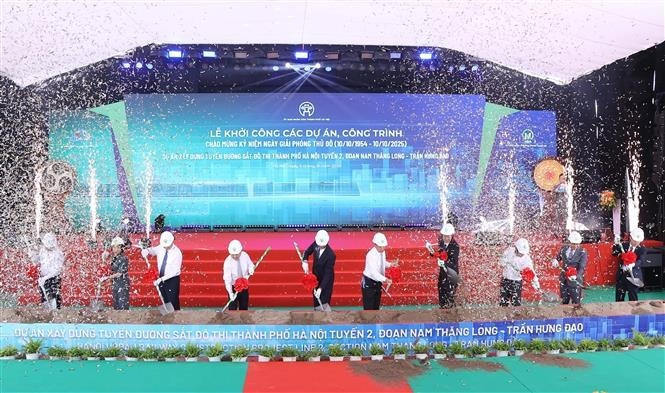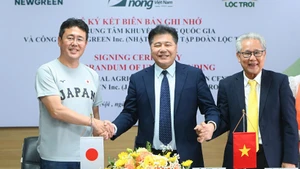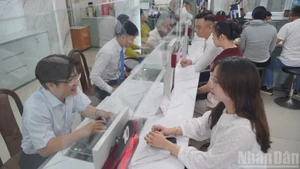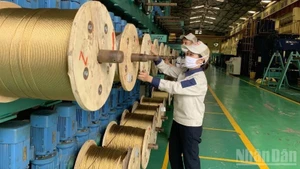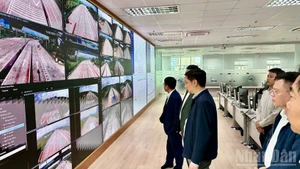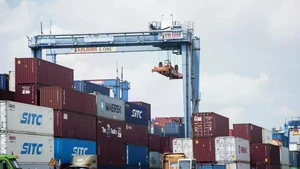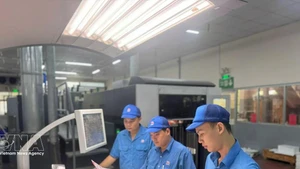The plan aims to institutionalise the viewpoints, goals, and solutions outlined in the parliament’s resolution. It identifies specific responsibilities for ministries, agencies, and localities in preparing investments, developing industrial capacity, and training human resources for the railway sector. All activities must adhere strictly to legal requirements while ensuring quality, cost efficiency, transparency, and prevention of corruption, wastefulness, losses, and negative phenomena.
Additionally, the plan calls for the issuance of guiding decrees to facilitate the mobilisation of resources as well as implementation of the projects, ensuring compliance with international treaties to which Viet Nam is a member.
Ministries, ministry-level agencies, and local authorities were requested to build and issue the Government’s decree detailing requirements for surveys, preparation of Front-End Engineering Design (FEED) to replace conventional preliminary design in project feasibility studies, subsequent design phases following FEED, and investment cost management for projects with FEED methodology.
Legal frameworks for the development of the network must be completed, including those on scientific and technological advancement, human resources training for urban railway projects, specific categories of railway-related services and industrial products to be assigned or commissioned to Vietnamese enterprises, detailed mechanisms for transit-oriented development (TOD), regulations on revenue collection to fund urban rail and public transport infrastructure.
Ha Noi and Ho Chi Minh City must work closely with ministries and sectors to review and adjust planning around railway stations and depots, implement compensation and resettlement projects, and auction land to finance urban development linked to the railway systems in accordance with current regulations.
Quarterly and annual reports must be submitted to the Ministry of Construction, ensuring the harmonious and effective implementation of the projects. If it is necessary to amend special mechanisms and policies, relevant sides should propose changes to the ministry for report to the Government for consideration, or for the Government to report to the National Assembly and its Standing Committee for consideration and decision.
